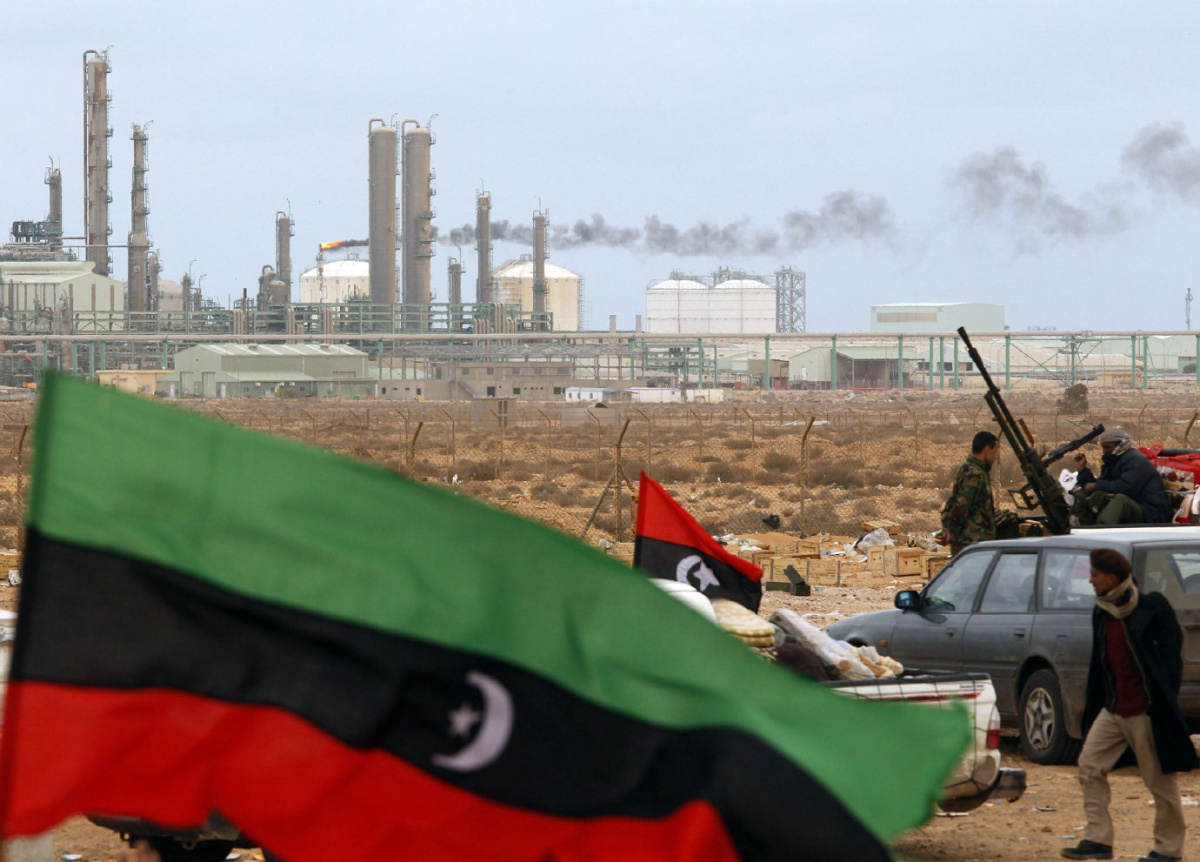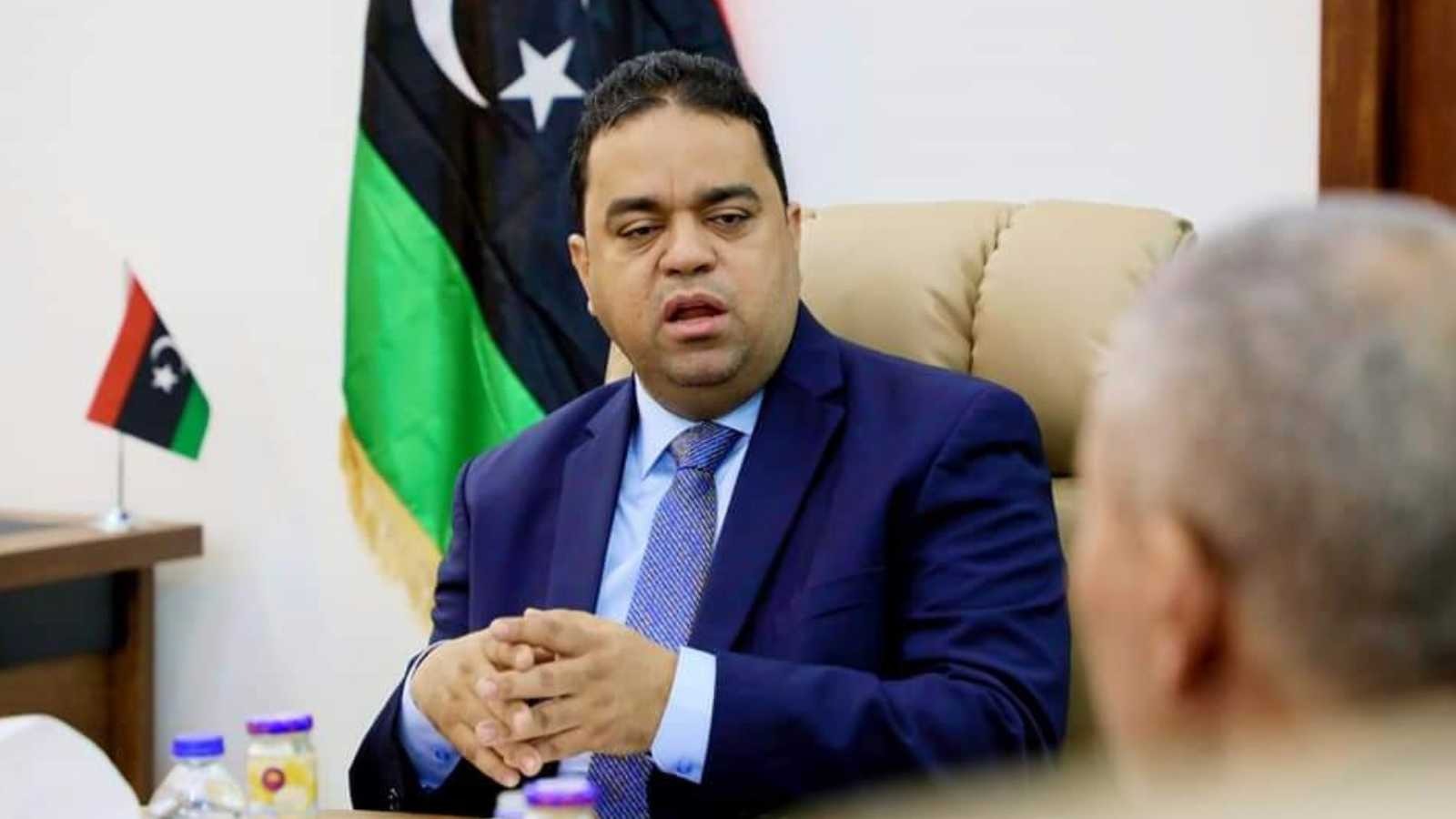Morocco MEP Bribery Leads to New Brussels Lobbying Rules

The European parliament is proposing new rules to make it harder for former MEPs to lobby in the European parliament. But how serious are the MEPs behind it?
The European Parliament is pressing for new measures to supposedly make it harder for ex MEPs to become lobbyists, following a scandal involving one former Italian MEP who was found to be at the heart of both Qatar and Morocco bribery scandals, the latter known as “MoroccoGate”.
The European Parliament is pushing to stop former members from lobbying legislators for six months after leaving office, in response to a bribery scandal that has rocked the EU, according to Reuters.
Parliamentary sources said the plan was agreed by senior MEPs on March 13th as part of the legislature’s bid to clamp down on possible corruption.
The move comes as the parliament grapples with the fallout from the scandal involving the alleged bribery of members said to have been paid to push Qatari interests.
Central to the sprawling criminal case is former Italian MEP Antonio Panzeri, who has admitted playing a key role in funnelling cash to parliamentarians.
Panzeri was identified early on as being the key player in the bribery scandal taking gifts and cash from the Moroccan state in return for whitewashing Morocco’s own human rights record and blocking MEPs from taking a harder stand against Rabat on a number of issues including the rights and sovereignty of the indigenous people living in Western Sahara.
Under the proposals, expected to be finalised by April, former MEPs would be barred from lobbying in parliament for a period of six months after their mandate ends.
Ex-lawmakers who wanted to conduct lobbying activities would then lose the automatic right to a pass to access the parliament granted to former lawmakers.
They would have to apply for a specific pass after putting their names in the parliament’s transparency register.
German MEP Daniel Freund said the new rules would not prohibit former MEPs taking lobbying jobs in general.
But they would, he said, “make access to the parliament more difficult during a transitional period when the risk of conflicts of interest is greatest”.
The scandal, popularly known as “Qatargate”, erupted in December when Belgian police raided addresses in Brussels, detaining a lawmaker and uncovering over 1.5 million euros ($1.6 million) in cash.
The parliament has already vowed a raft of reforms to clamp down on foreign influence.
Qatar has denied involvement in the scandal.
Want to chase the pulse of North Africa?
Subscribe to receive our FREE weekly PDF magazine














